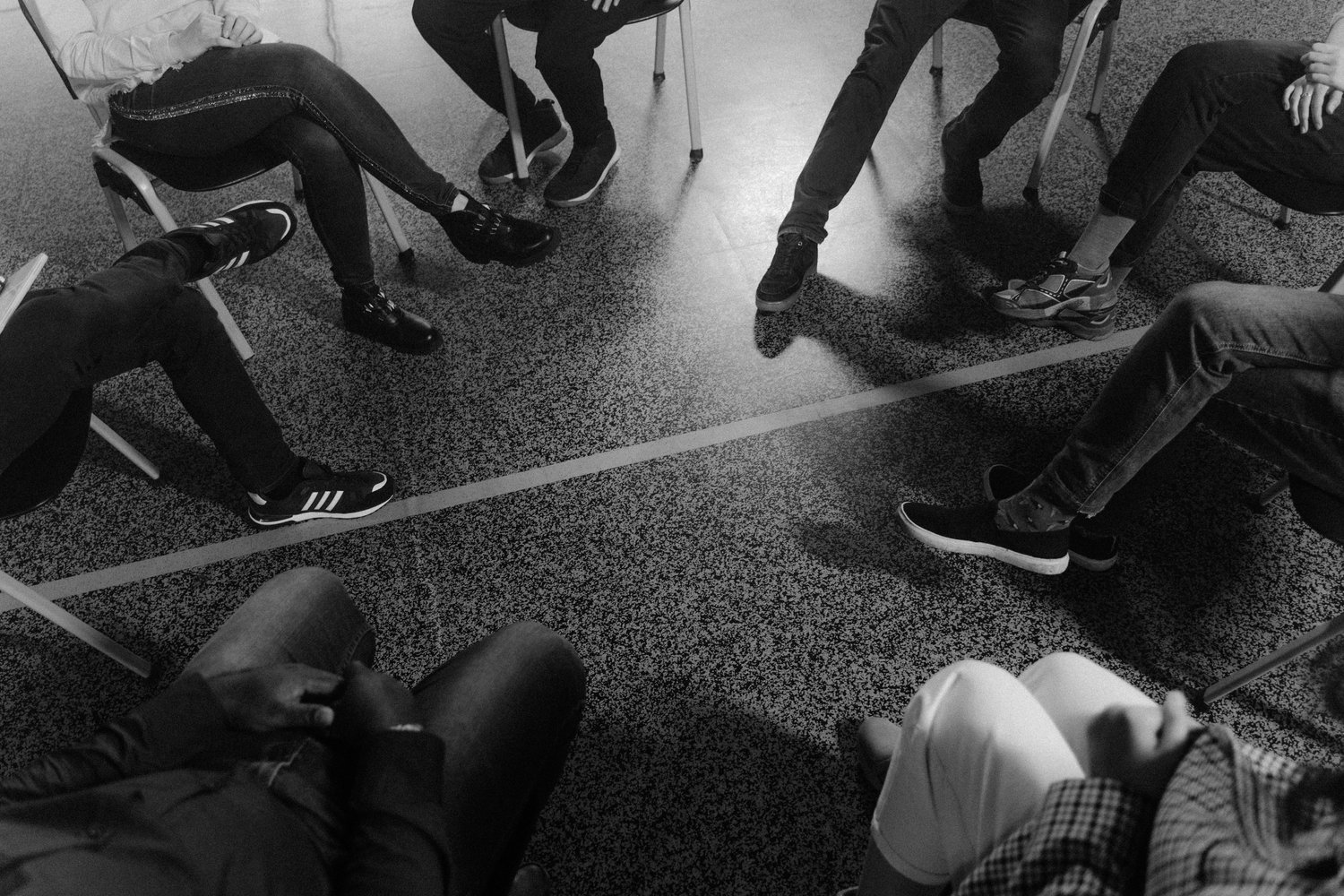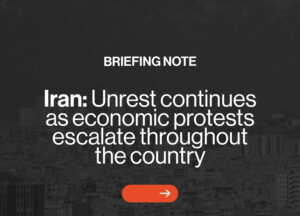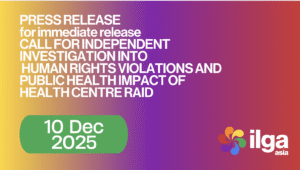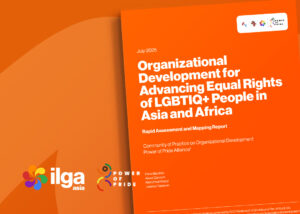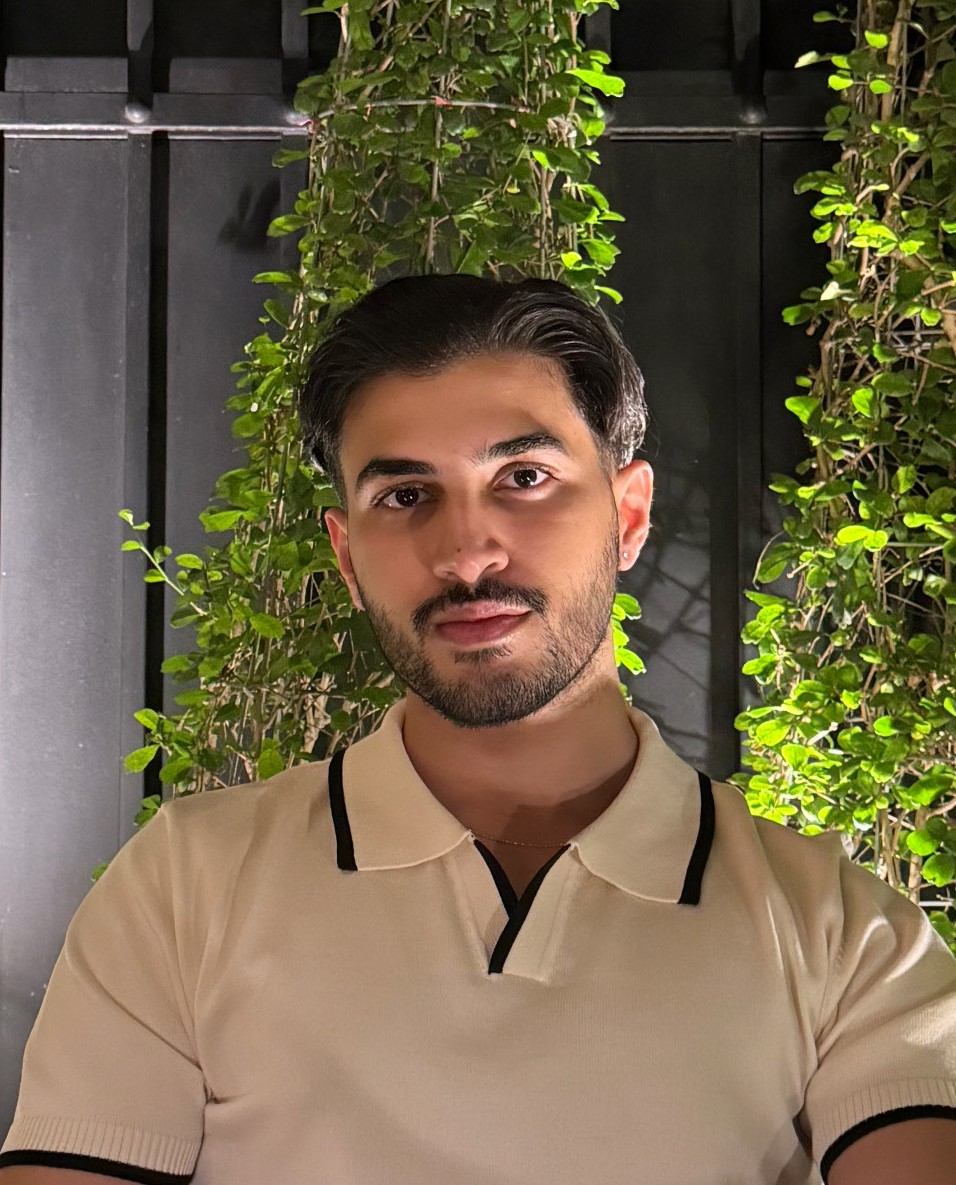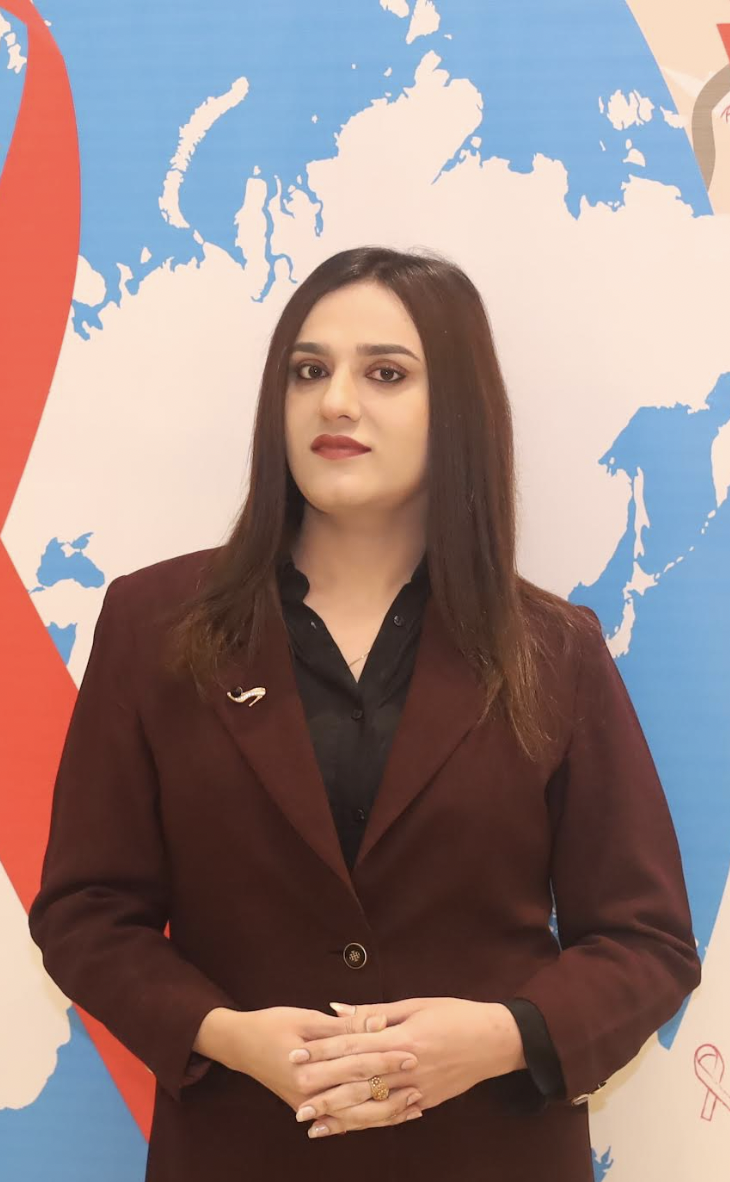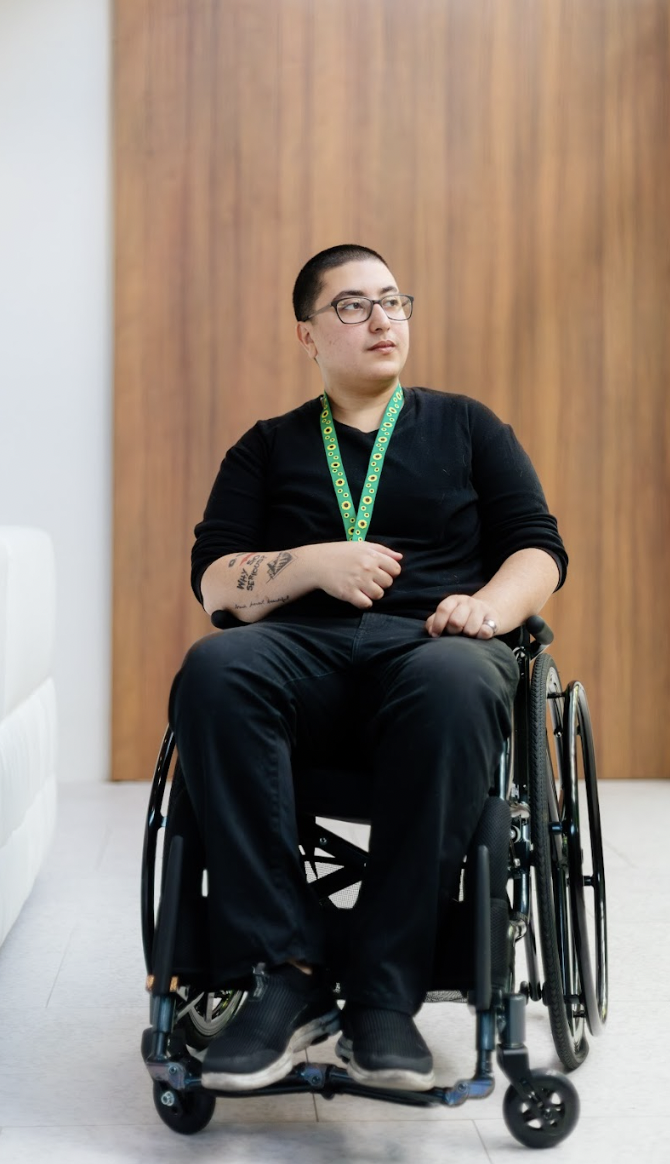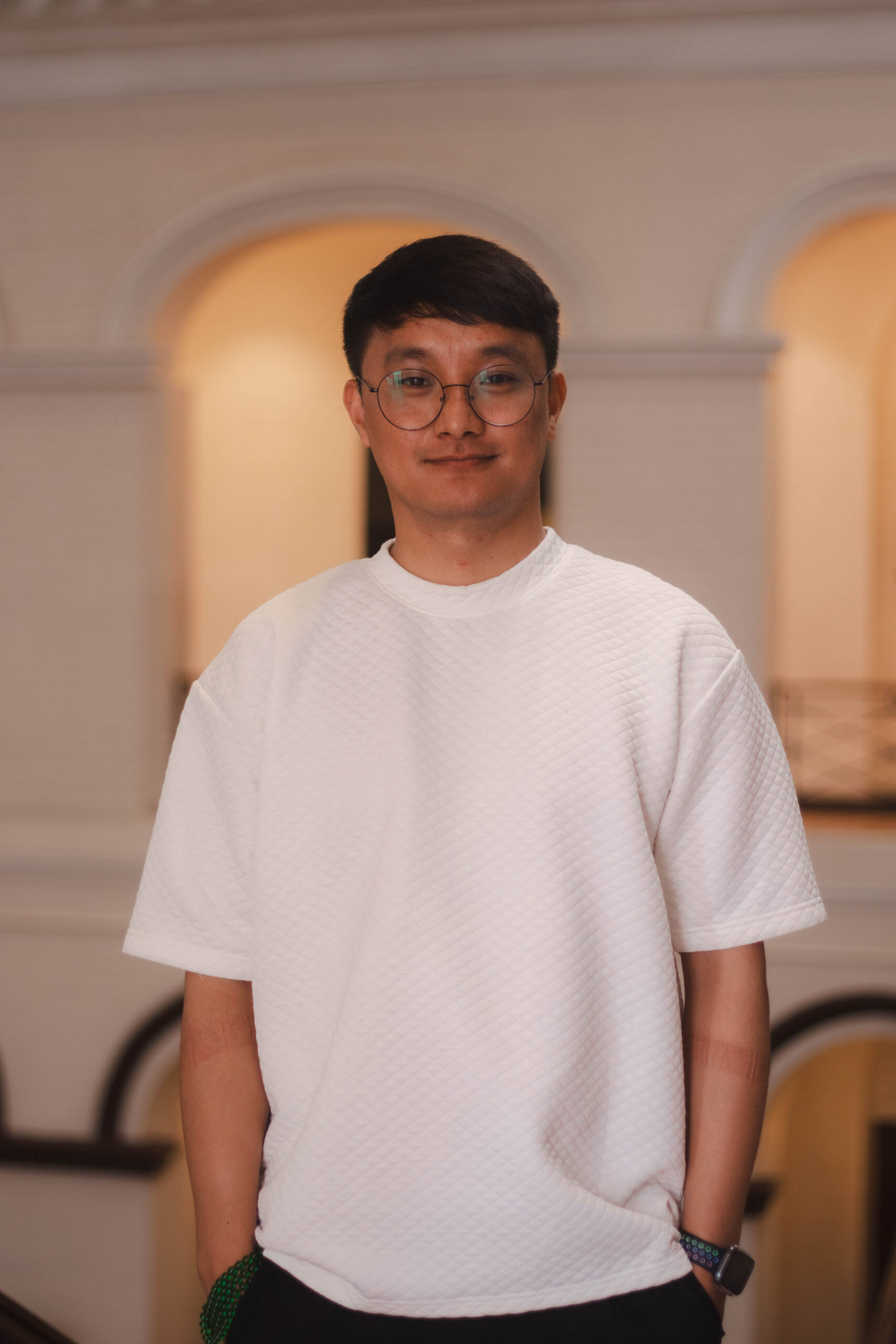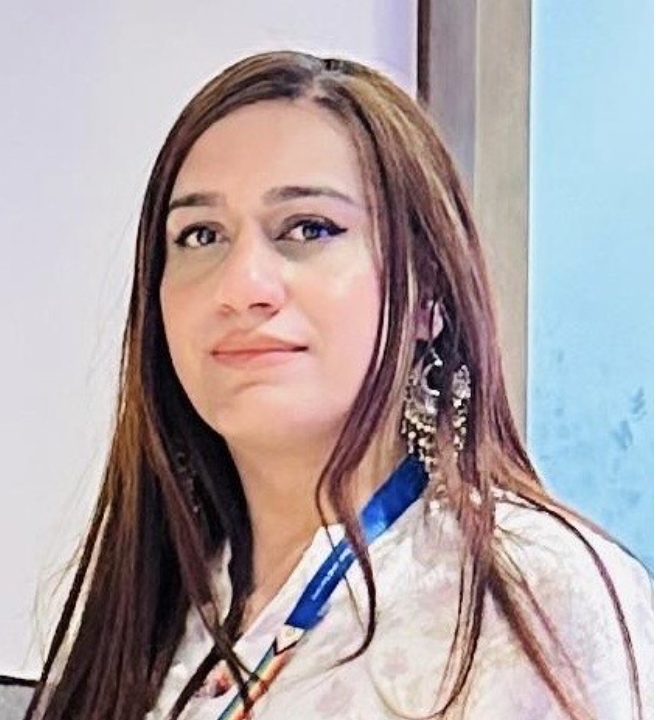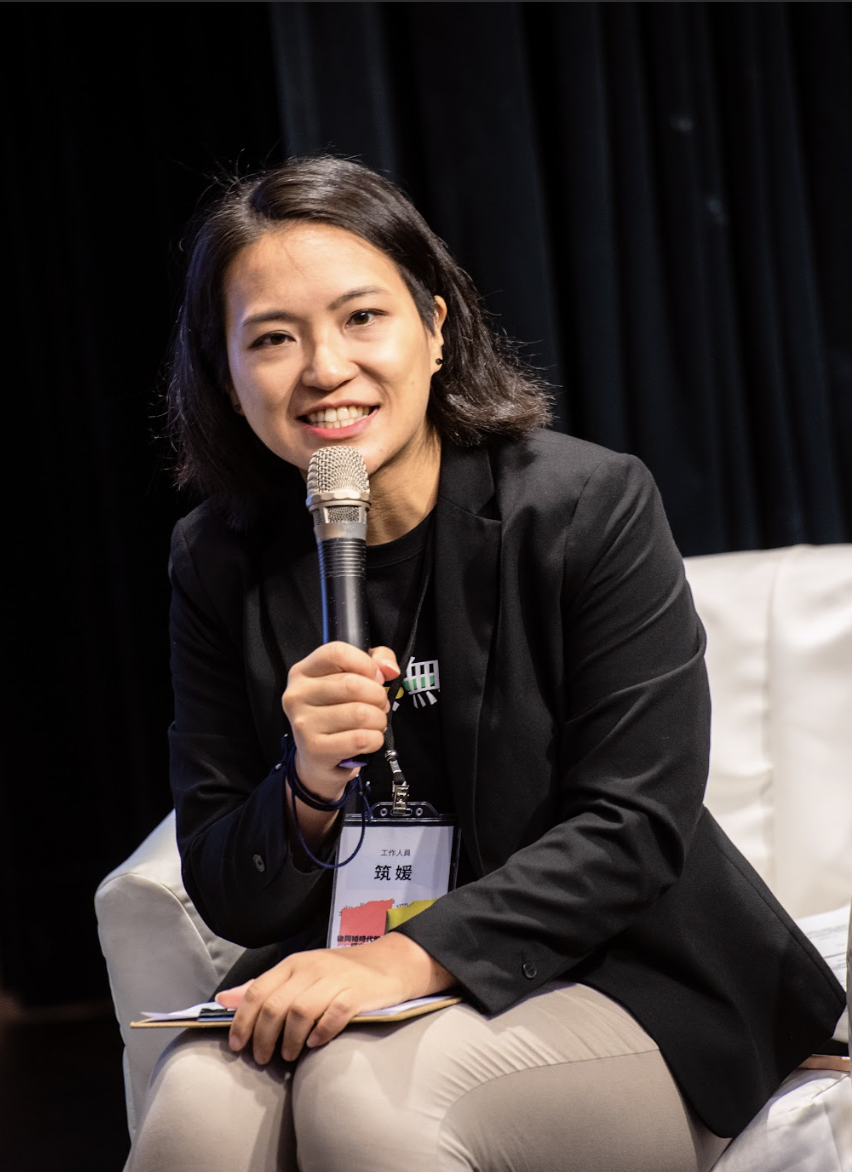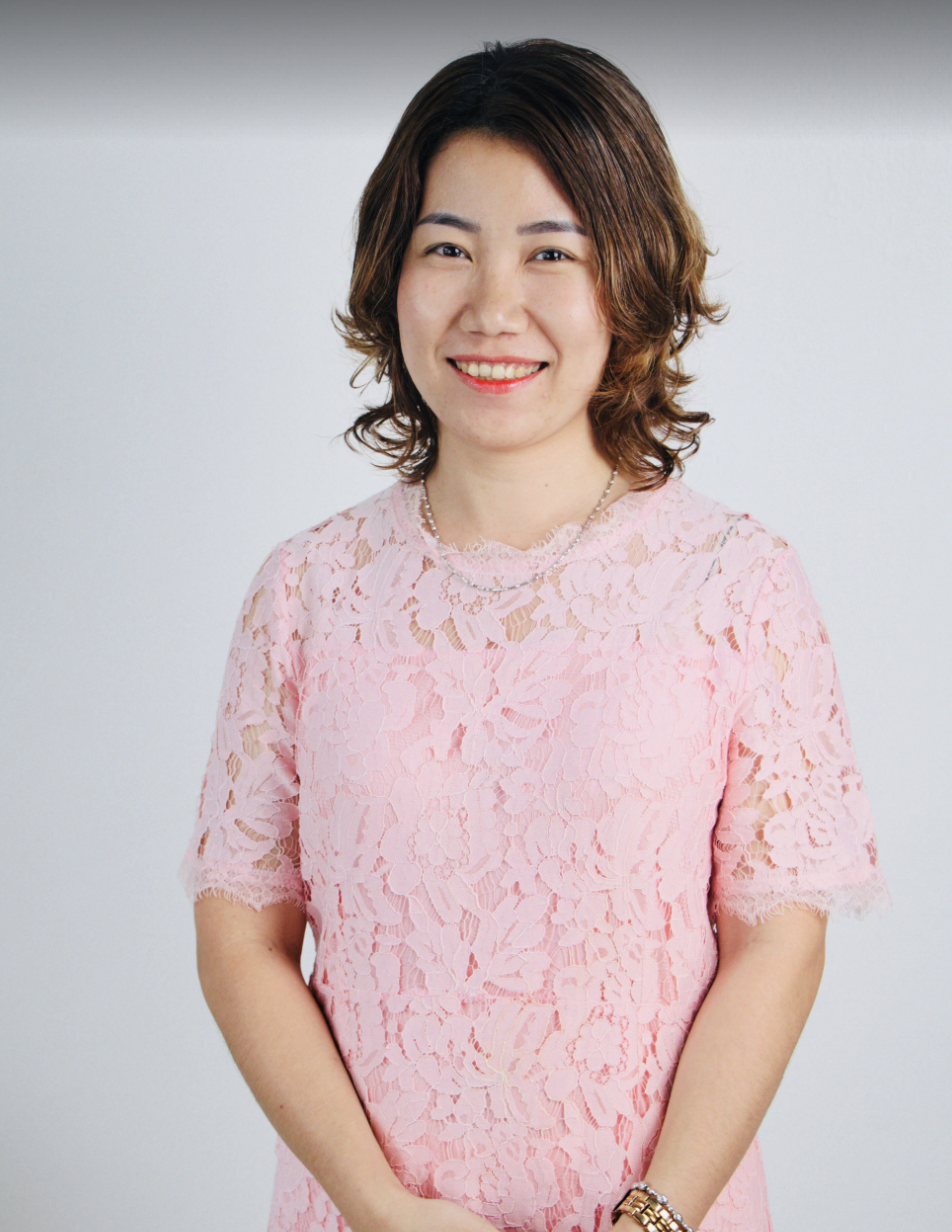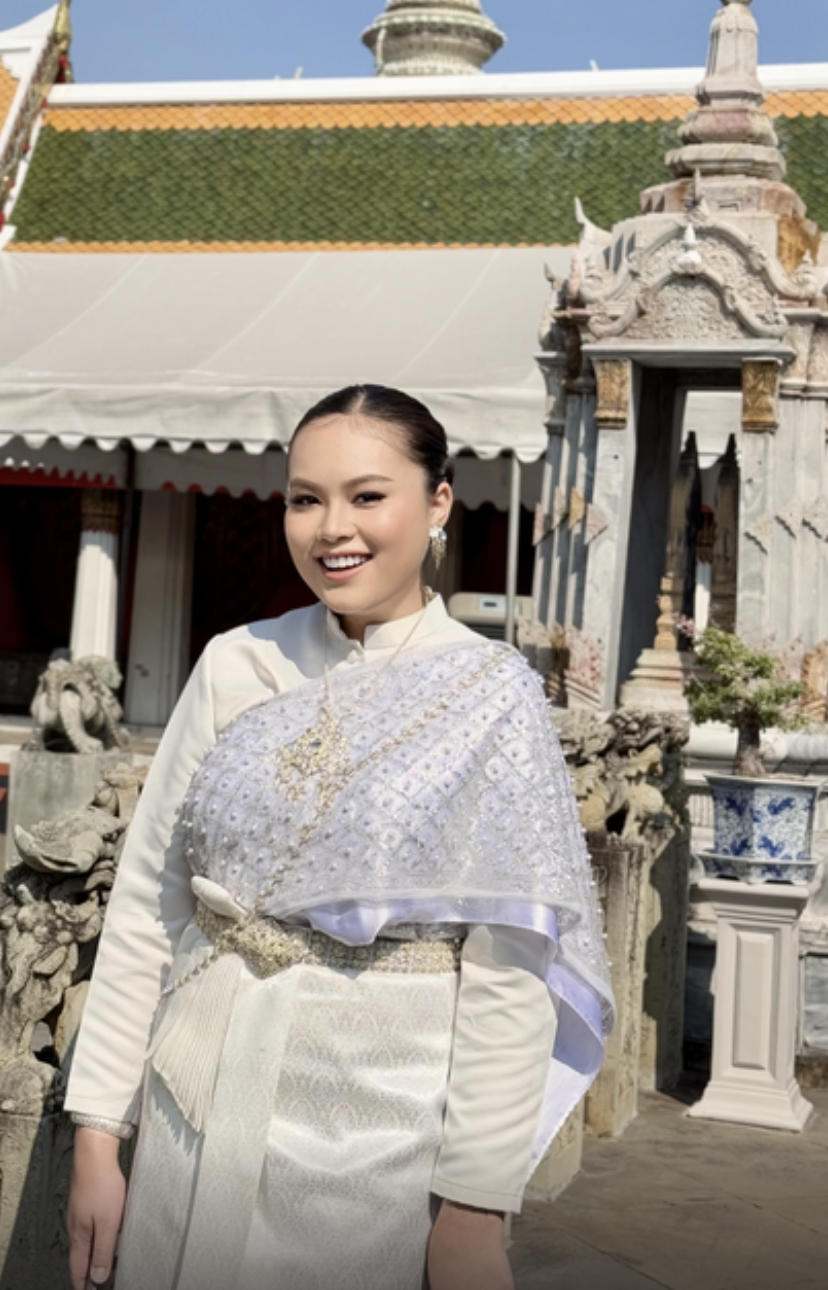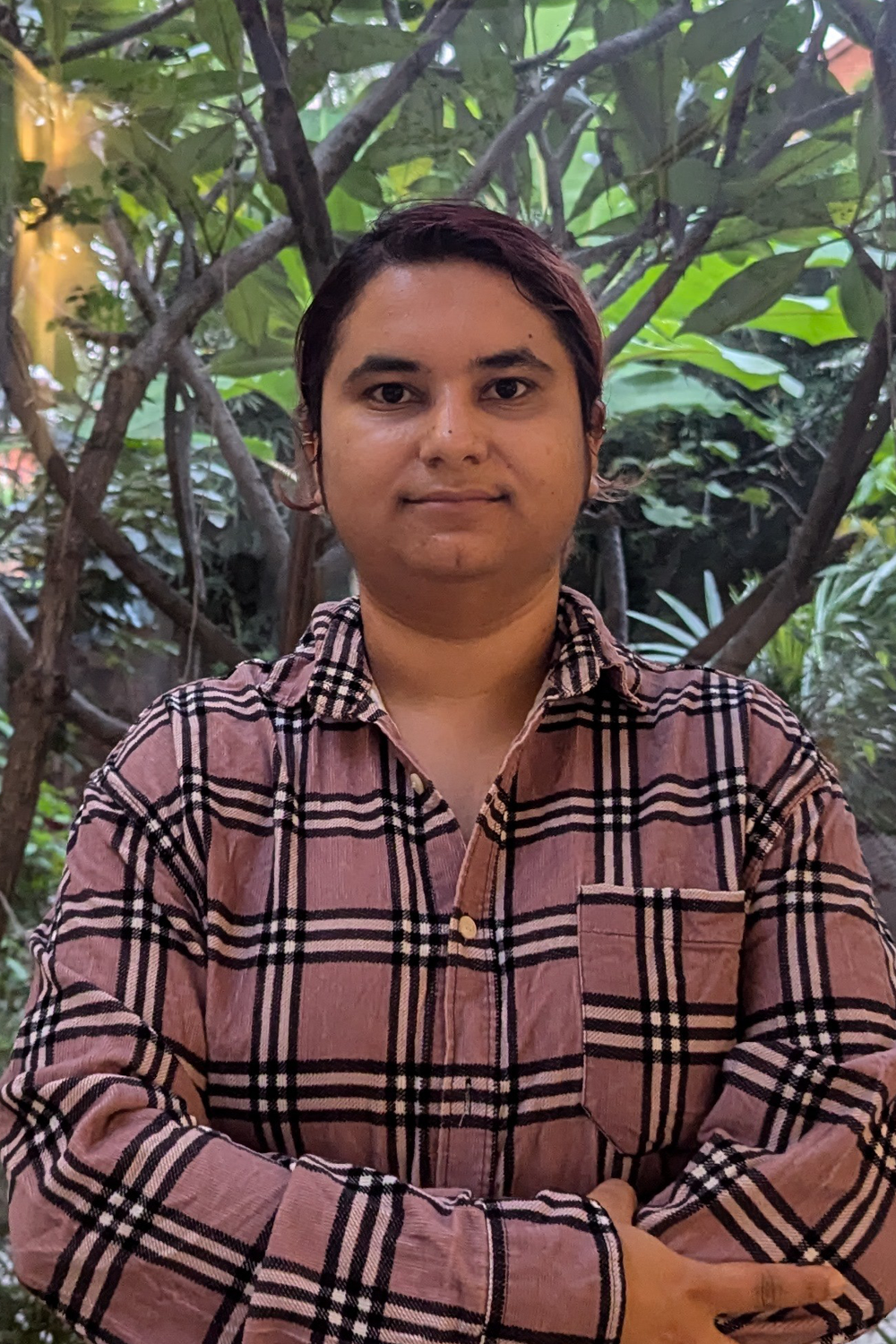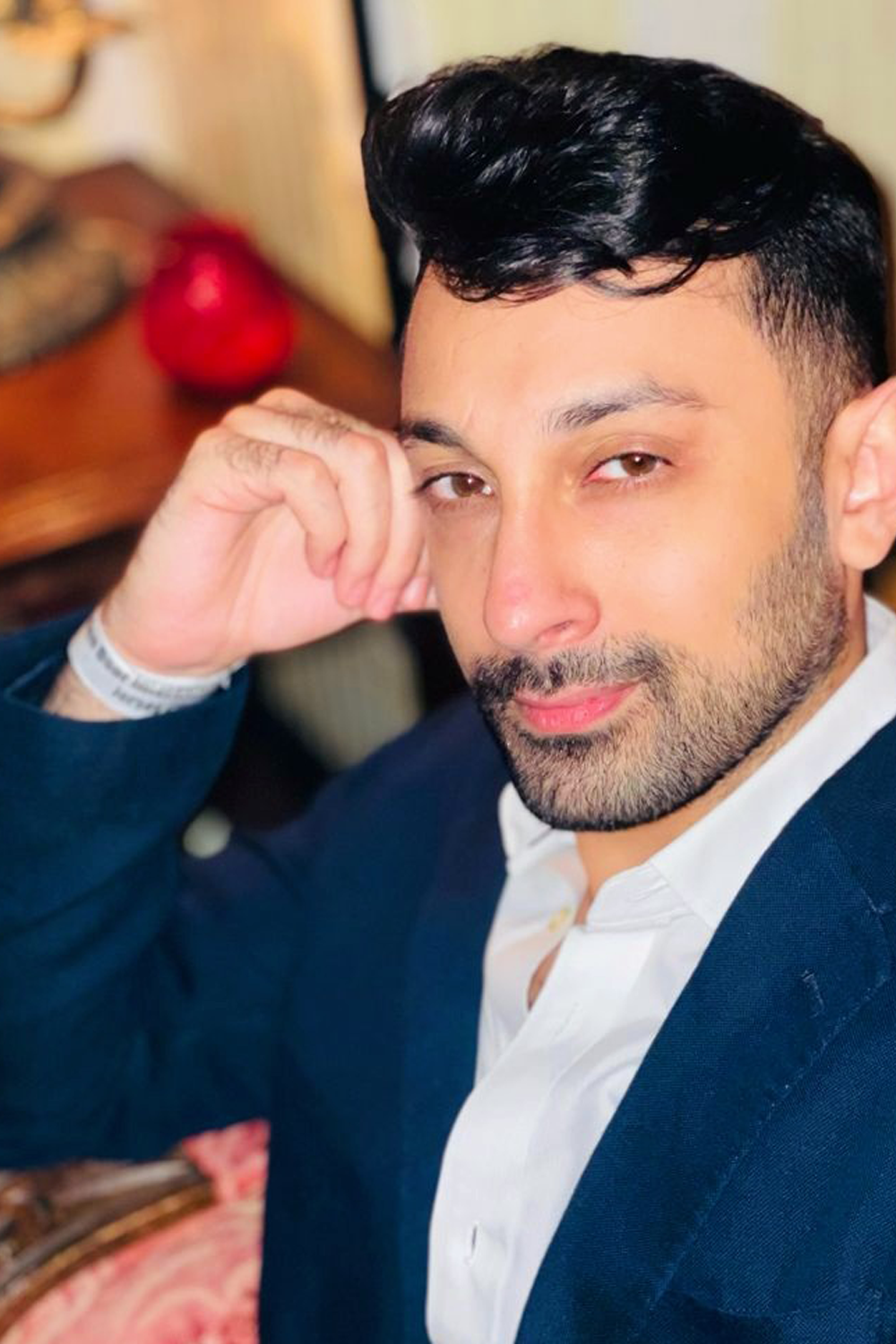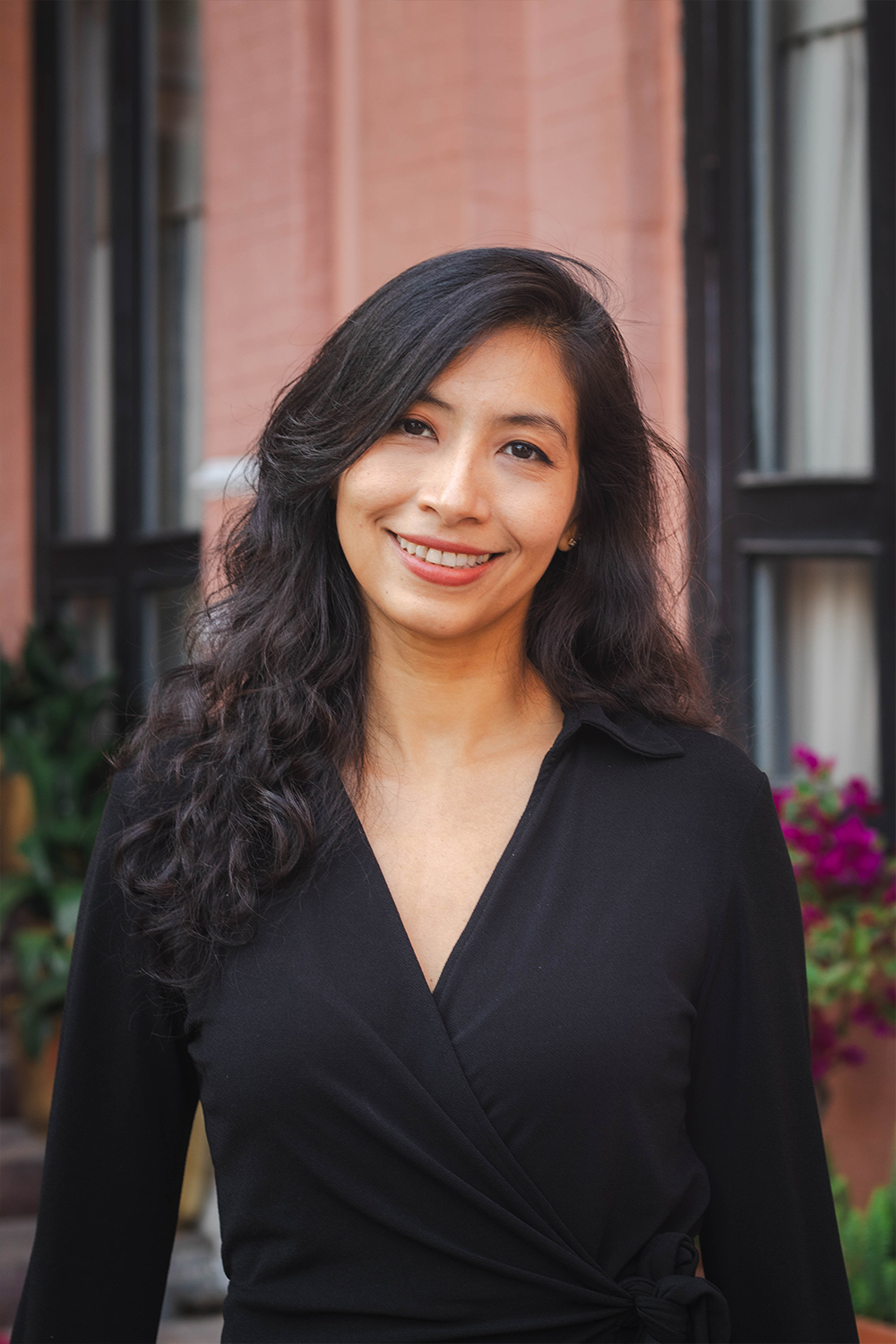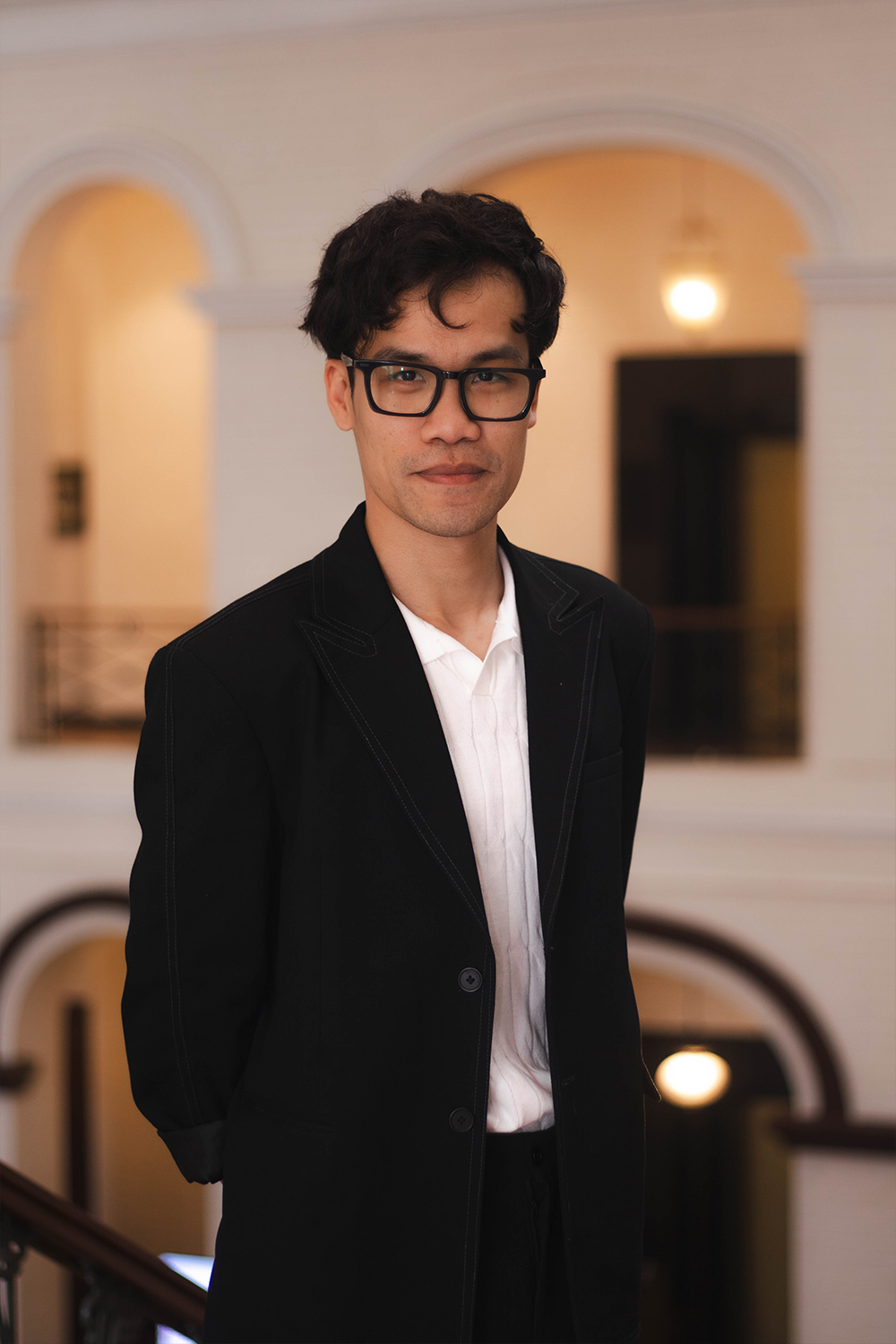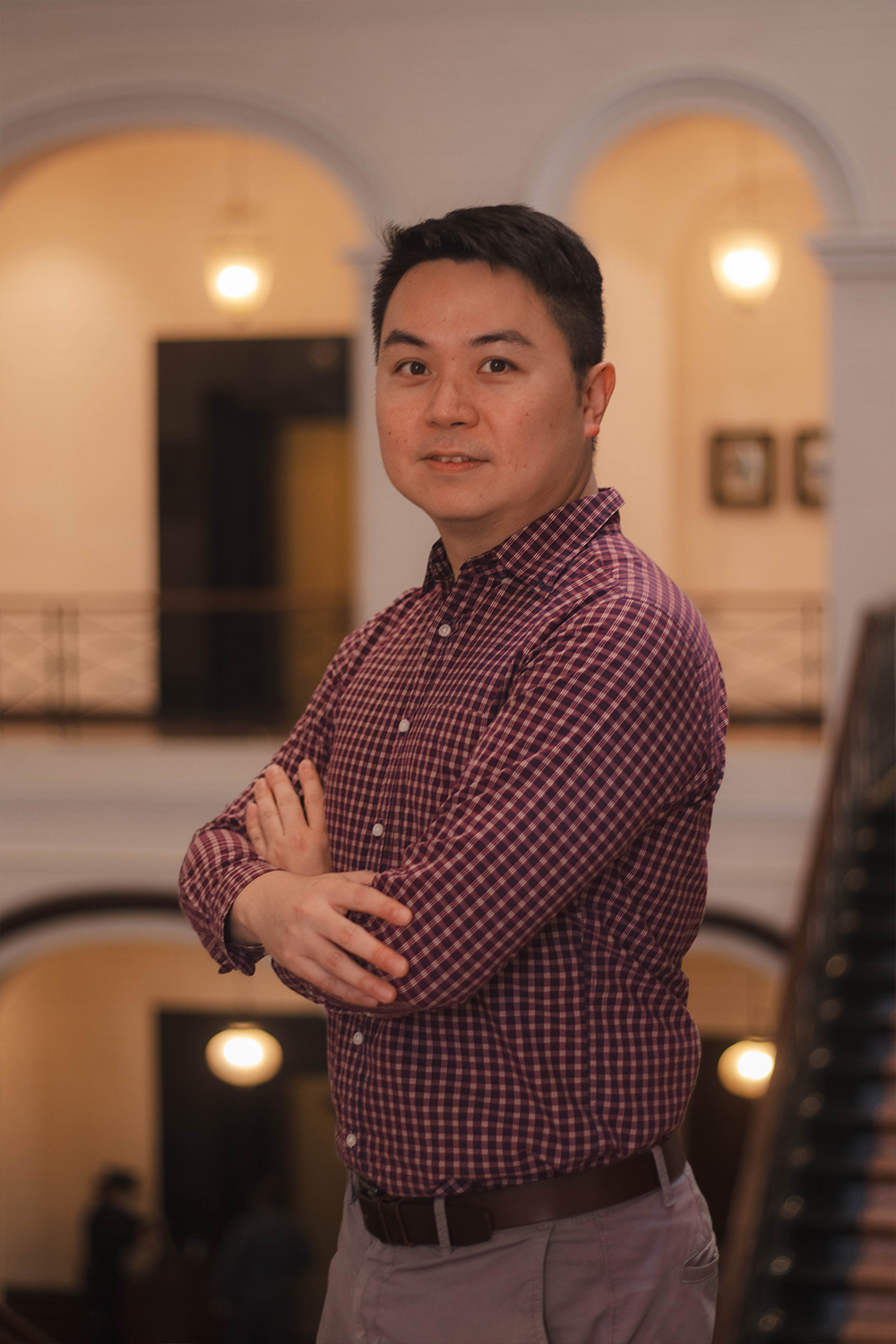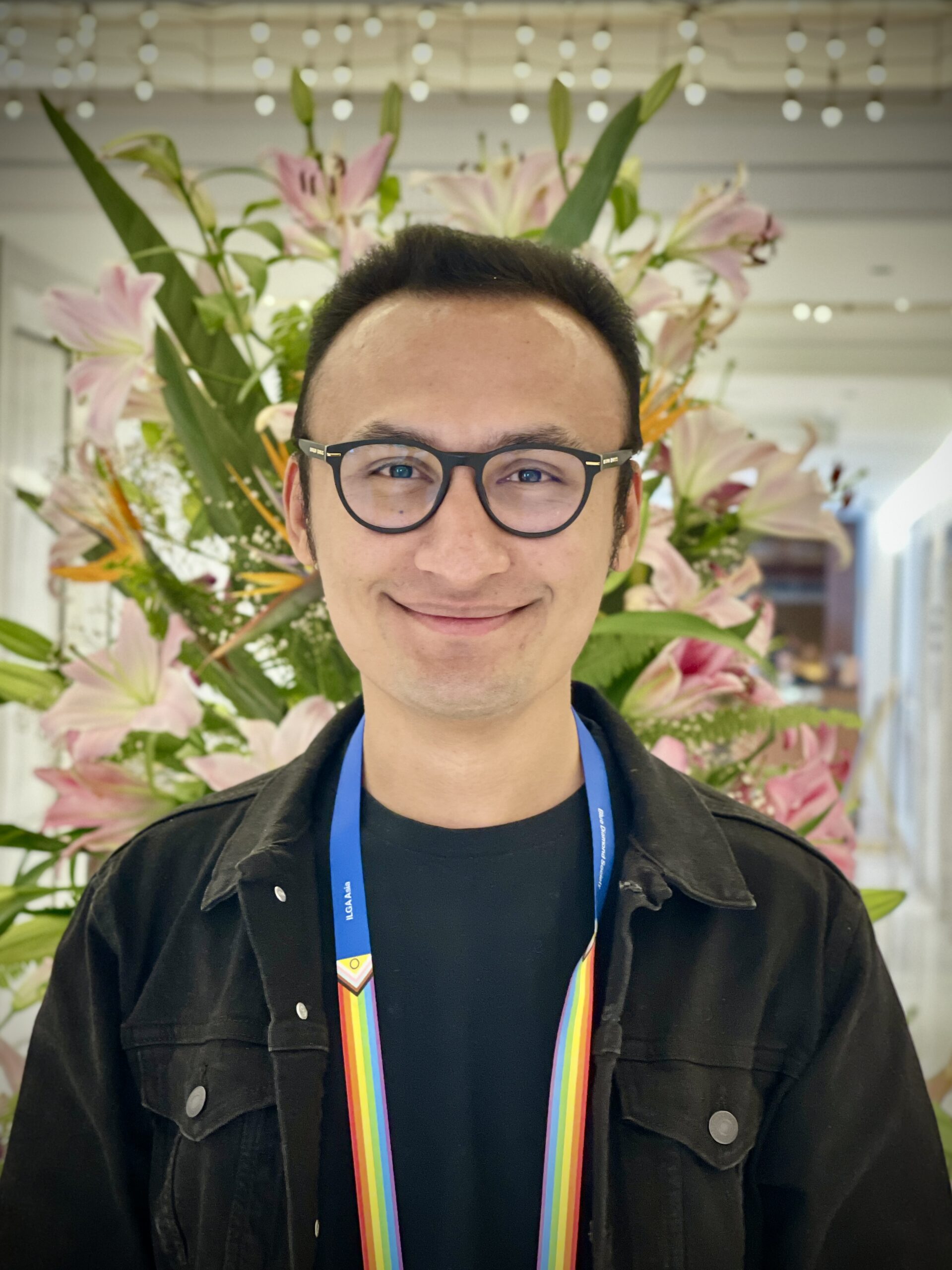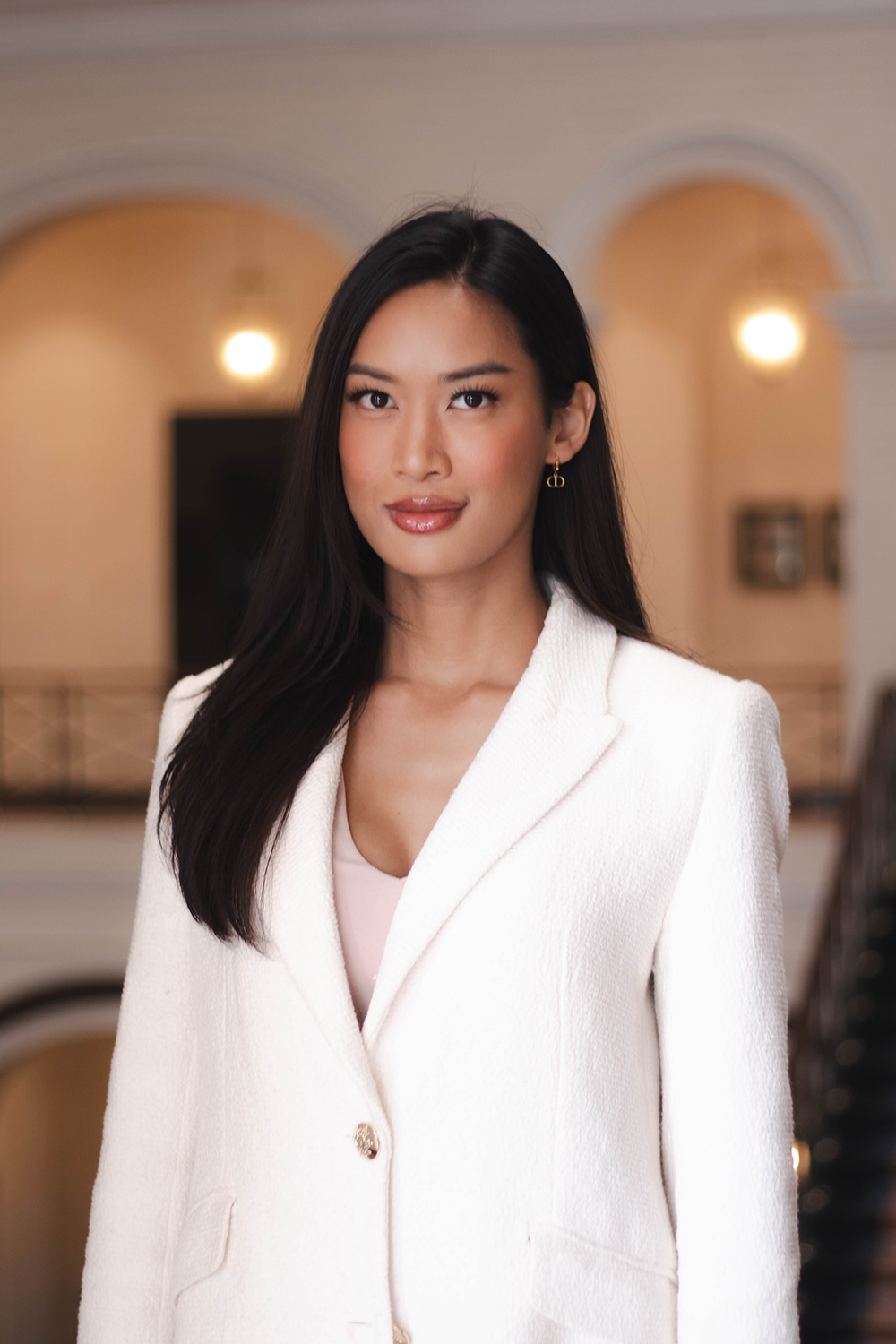Suicide Prevention Month is more than just a date on the calendar—it’s a call to action for each of us. For those navigating the complex intersections of cultural heritage, personal identity, and sexual orientation, this month takes on even greater significance. For LGBTIQ individuals, especially within Asian communities, the pressures of cultural expectations, societal stereotypes, and struggles for acceptance can be profound and life-threatening. Here, the role of community is not just comforting; it’s crucial. It’s where we find strength, solidarity, and a sense of belonging that can be life-saving.
Navigating Culture, Identity, and Sexuality: The Hidden Struggles of LGBTIQ Asians
Living at the intersection of cultural expectations, personal identity, and sexual orientation can feel like an unending tug-of-war, and for LGBTIQ Asians, this struggle is often intensified by deeply ingrained stereotypes and societal pressures. The expectation to conform to traditional family norms while staying true to oneself can be overwhelming. This balancing act—honoring cultural roots while embracing one’s sexual identity—often leads to feelings of isolation, anxiety, and the painful belief that no one truly understands.
Research consistently shows that LGBTIQ individuals face higher rates of mental health challenges, including depression and suicidal thoughts, often exacerbated by stigma, discrimination, and rejection from family or community. In Japan, for example, bullying and lack of support for LGBTIQ youth have been linked to higher suicide rates, highlighting the urgent need for targeted interventions and community support (Mainichi). Similarly, LGBTIQ people in Thailand report high levels of mental health distress due to societal stigma, pushing some towards self-harm or suicide (BBC Three). In China and Taiwan, LGBTIQ communities continue to face harsh societal pressures, with ongoing debates and discrimination affecting their mental well-being (RFA).
The fear of rejection, discrimination, or being misunderstood by mental health professionals who lack cultural competence often prevents many from seeking the help they need. In Malaysia, for example, state plans for “gay rehab centers” have sparked outrage, with activists describing them as torturous and harmful to mental health (SCMP). This context highlights the importance of culturally competent and sensitive care that truly supports LGBTIQ individuals in their unique struggles.
Community: The Core of Our Strength
The true power of community lies in its ability to provide understanding and support that feels like home. For LGBTIQ individuals, this means creating spaces where stories are heard, experiences are validated, and identities are celebrated. Here’s how we can utilize this collective strength:
Creating Safe Spaces: For LGBTIQ Asians, safe spaces—whether it’s a local meetup, an online forum, or a supportive chat over coffee—are essential. These spaces allow individuals to be themselves without fear of judgment or rejection. They offer a lifeline of comfort, connection, and validation that is often missing in other areas of life. In Myanmar, for instance, LGBTIQ individuals face severe bullying and discrimination, which has been linked to higher suicide rates; the creation of safe spaces could provide critical support (Vice).
Peer Support: Walking Together: There’s unique solace in connecting with someone who truly understands your journey. Peer support groups specifically for LGBTIQ Asians provide a platform to share struggles, coping strategies, and victories. It’s not just about exchanging advice—it’s about showing up for each other, providing a reminder that you are not alone in facing societal stereotypes or navigating cultural pressures. Peer support can be particularly important for those facing extreme challenges, such as toxic cyberbullying, which has been devastating for some in the LGBTIQ community, as seen in the case of an Indian teen influencer’s tragic death (SCMP).
Active Allyship: Allies play a vital role in supporting LGBTIQ communities. Whether by listening, standing up against discrimination, or simply being present, allyship is about action. Allies can help bridge gaps, making spaces more inclusive and supportive, and challenging the cultural stigmas that often isolate LGBTIQ individuals. For example, efforts in Japan to recognize and support LGBTIQ rights are slowly gaining ground, providing a glimmer of hope for broader societal acceptance (Asahi).
Raising Awareness: One of the most impactful actions we can take is to talk openly about mental health, particularly within LGBTIQ communities. Breaking the stigma around seeking help begins with honest conversations. By sharing stories and resources, we can create a ripple effect that encourages others to speak up too, particularly in communities where such topics are often taboo. For example, across various Asian countries, LGBTIQ individuals face unique challenges that heighten their vulnerability, from restrictive laws to cultural taboos, highlighting the need for increased awareness and support (BBC).
Creative Coping: Community Insights for Mental Well-Being
Beyond professional help, our communities offer a wealth of unique coping strategies. For LGBTIQ individuals, this might mean finding comfort in chosen family, engaging in cultural practices that resonate on a personal level, or connecting with others through shared experiences. The key is discovering what works for you, and our communities are full of ideas to explore. Coping doesn’t have to fit a single mold; it’s about finding your path, supported by the collective wisdom of those who understand.
Turning Collective Strength into Action
We have the power to make a difference—not just for ourselves, but for each other. Here’s how we can transform community strength into meaningful action:
Reach Out and Connect: If you’re struggling, reach out to someone you trust. Similarly, check in on your friends and loved ones. A simple “How are you really doing?” can create a space for openness and support. For LGBTIQ individuals, these moments of connection can be profoundly affirming.
Collective Self-Care: Self-care doesn’t have to be a solitary activity. Invite friends to join in a mindfulness session, take a walk together, or even hang out virtually. Shared experiences can amplify the positive effects of self-care, particularly in communities where mutual support is a cornerstone.
Educate and Advocate: Knowledge is power. Educate yourself and others about the mental health challenges that are unique to LGBTIQ communities, particularly within Asian cultural contexts. Advocacy doesn’t have to be grand; every conversation that changes a perspective is a step toward progress. Supporting initiatives that promote visibility and understanding of LGBTIQ issues can help shift the narrative toward acceptance and inclusion.
Champion Culturally Competent Care: Support initiatives that promote mental health care tailored to the unique needs of LGBTIQ Asians. By advocating for culturally competent care, we can ensure that support is not only available but also relevant and accessible. This includes pushing for mental health professionals who understand the specific challenges of navigating identity within traditional cultural frameworks.
Seeking Immediate Help: Reach Out to Hotlines
In moments of crisis, it’s important to remember that help is just a call away. Numerous mental health hotlines across Southeast Asia offer immediate, confidential support. Whether you need someone to talk to or urgent guidance, these resources are invaluable. For a comprehensive list of mental health hotlines, including those specific to LGBTIQ needs, you can refer to this guide.
At its heart, the power of community is rooted in the simple truth that we are stronger together. By creating inclusive spaces, fostering peer support, and celebrating the diverse ways we cope and thrive, we can lift each other up.
